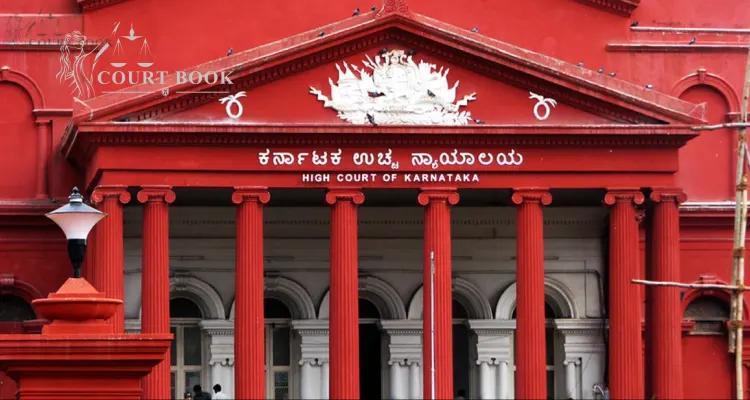The Karnataka High Court has permitted the Enforcement Directorate (ED) to access Aadhaar records while probing a case under the Prevention of Money Laundering Act (PMLA), 2002. The court directed the Unique Identification Authority of India (UIDAI) to allow ED to examine the identity information and authentication records of 21 individuals linked to the case.
Justice Hemant Chandangoudar, who presided over the case, ruled in favor of ED’s petition. He stated:
“An investigation into an offence of money laundering is a legitimate state interest, and the petitioner herein is statutorily empowered to investigate such an offence under the PMLA. It is appropriate that a Mandamus be granted directing respondent No. 2 to disclose the true identities of those as sought for herein.”
The directive allows ED to verify whether any changes have been made to the names, addresses, and phone numbers associated with the Aadhaar numbers under scrutiny
Read Also:- 1984 Anti-Sikh Riots: Supreme Court Directs Delhi Police to File Petitions Against Acquittals Within 6 Weeks
The ED is investigating a money laundering case involving the misuse of government compensation funds. The primary accused, VD Sajjan, a former Special Land Acquisition Officer, allegedly facilitated fraudulent financial transactions through impersonation and forged Aadhaar records.
Fake bank accounts were opened using fraudulently obtained Aadhaar numbers.
Compensation payments meant for land acquisition by the Karnataka Industrial Area Development Board (KIADB) were siphoned into these fake accounts.
Funds were withdrawn in cash or transferred to other accounts to layer the proceeds of crime.
Read Also:- Supreme Court Criticizes Union for Non-Representation in West Bengal's Suit Against CBI's Powers
The investigation found that multiple Aadhaar cards were created with fake identities, and the addresses mentioned in them were non-existent.
Case Example:
A key instance of fraud was identified where Sunil Surendra Yadav impersonated Sanjay Appasaheb Desai. The real Sanjay Desai, the rightful landowner, confirmed that he never received additional compensation, and his identity was misused.
“The investigation has revealed that the address mentioned in the Aadhaar details is non-existent. One Sunil Surendra Yadav has been impersonated as Sanjay Appasaheb Desai, as confirmed by the statement of the bona fide landlord,” the ED submitted.
Legal Basis for Aadhaar Disclosure
The court cited Section 33 of the Aadhaar Act, 2016, which permits the disclosure of Aadhaar information when ordered by a High Court or the Supreme Court for investigation purposes. The ruling also referenced the Supreme Court’s judgment in K.S. Puttaswamy v. Union of India (2019 1 SCC 1), which upheld the legitimacy of data disclosure for crime prevention and investigation.
“The above section clearly envisages a disclosure pursuant to an order of a Court not inferior than this Court, and the Apex Court has observed that data may be collected or disclosed to the Executive for legitimate purposes, including prevention and investigation of crimes.”
The Karnataka High Court’s ruling aligns with a previous case, National Investigation Agency, Hyderabad v. Union of India (WP No. 2360/2022, DD 10.08.2022), where similar access was granted for investigating human trafficking and identity fraud.
Court’s Directives
The High Court issued the following orders:
UIDAI must permit the ED to access the Aadhaar database for 21 individuals to verify identity changes.
UIDAI must share the correct details, including names, addresses, photographs, and dates of birth, for 19 Aadhaar numbers linked to the investigation.
ED is prohibited from using the disclosed information for any purpose unrelated to the money laundering investigation.
“The petitioner is hereby directed to not use the subject information and documents for any purpose alien to the investigation of the offences and prosecution of the offenders.”
.















